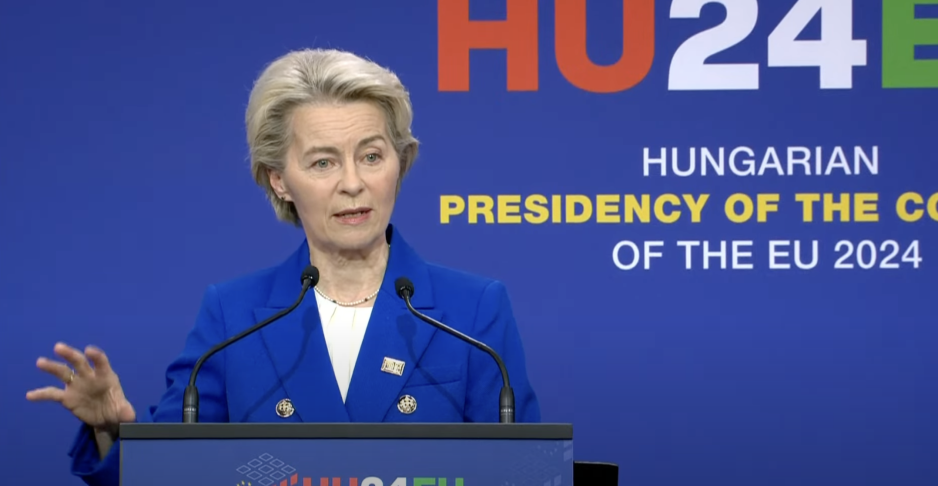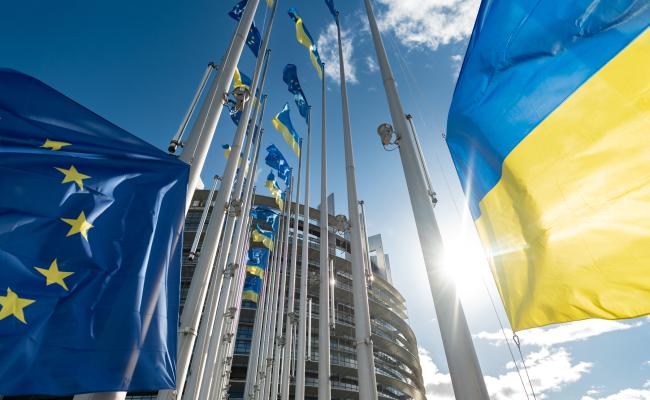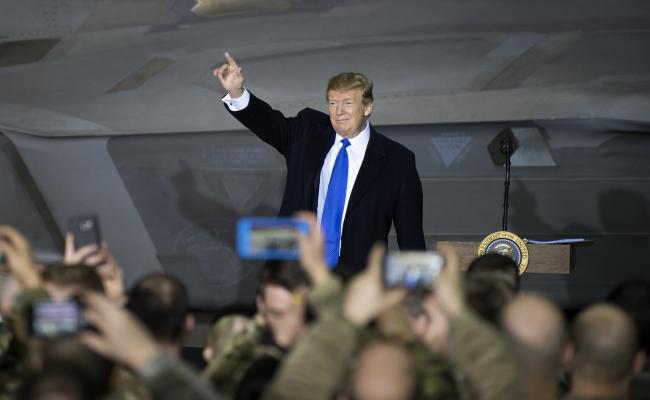European Commission’s Von Der Leyen Suggests EU Could Replace Russian LNG with U.S. Supply

European Commission President Ursula Von Der Leyen speaking about European imports of liquefied natural gas from Russia on November 8, 2024. (Source: European Commission)
Political discussions surrounding EU’s imports of Russian liquefied natural gas continue at the highest level. Commission President Ursula von der Leyen broached the subject with re-elected President Trump suggesting supplies from the U.S. could help the continent reduce imports from Russia.
The European Union continues efforts to begin weaning itself off of Russian liquefied natural gas (LNG). In contrast to supplies of crude oil, which have been banned from the continent for two years, super chilled gas continues to flow into the bloc. Imports reached new record highs in 2024, highlighting the challenge Europe has faced to let go of Russian supplies, both for energy security and economic reasons.
However, maybe the U.S. could step up in supplying even greater amounts of LNG to replace Russian imports. European Commission President Ursula von der Leyen suggested this new idea to re-elected President Trump during a phone conversation on Friday.
“LNG is one of the topics that we touched upon. We still get a whole lot of LNG via Russia, from Russia. And why not replace it with American LNG, which is cheaper, and brings down our energy prices,” von der Leyen said of the phone call.
Greater imports would continue a long-term trend of increasing imports from the U.S. Just eight years ago, the U.S. only played a minor role in the LNG market, but it has shot to the Top position in 2023. The country has been the EU’s greatest LNG supplier since 2020 though volumes have decreased in 2024, in part due to lower consumption in Europe. Norway remains by far the largest supplier of natural gas to Europe overall.
Adapting to Trump Presidency
With the upcoming change in the U.S. administration there has been initial speculation how the Trump presidency may affect Russian energy projects and trade generally. No policies have been announced. Von der Leyen stressed that her conversation with Trump did not include any specifics.
To ease restrictions on natural gas drilling and construction of LNG export terminals
“That is something where we can get into a discussion,” she stated.
Trump’s stated policy is to ease restrictions on natural gas drilling and construction of LNG export terminals; an effort that could align with greater supplies to Europe. Though the impact of any such measures would be several years into the future, at best, as the expansion of LNG export capacity is costly and involves major construction projects.
Out of the two major Russian LNG plants, Yamal LNG and Arctic LNG 2, only the latter has been sanctioned. The Yamal LNG project has continued delivering 80 percent of its production to Europe throughout the Ukraine War. Greater supply from the U.S. would likely alleviate EU concerns about supply security paving the way to expand Western sanctions further to include Yamal.
The EU has taken a first step in that direction agreeing on a transshipment ban for Russian LNG. The measure will take effect in March 2025 and prohibit the re-export of cargoes bound for international markets. With European ports off limits for transfers it will in theory become costlier for Russian LNG to reach customers in third countries like China or India. One concern, however, is that the transfer ban could result in greater imports into the EU.



